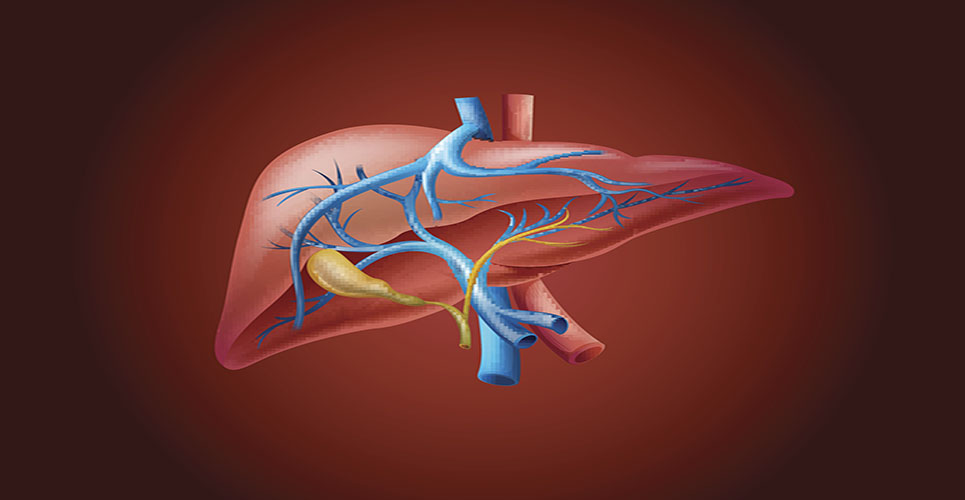teaser
A new Economist Intelligence Unit (EIU) report titled ‘The Silent Pandemic: Tackling Hepatitis C with Policy Innovation’, made possible as a result of an educational grant from Janssen Pharmaceutica NV and published today, highlights the urgent need for countries around the world to develop strategies to tackle head-on the growing social and economic issues associated with Hepatitis C (HCV).(1)
While the total number of infected individuals is unknown due to a lack of available data, the World Health Organization (WHO) estimates that approximately 150 million people globally are currently living with the blood-borne infectious disease, HCV.(2) Of these, up to two thirds will develop chronic liver disease and one in five will develop cirrhosis.(2) HCV is also the leading cause of liver transplantation worldwide1 and in the US the disease now accounts for more deaths than HIV.(1)
“The report highlights that worldwide, despite the significant burden of HCV, governments have failed to get a grip on the scale and impact of the disease,” said Charles Gore, President of The World Hepatitis Alliance. “In both developed and developing countries, the true human and economic cost of HCV will continue to rise unless policy makers confront this urgent public health issue now.”
Despite the devastating effects of HCV, the report states that it is now considered preventable and with modern treatments, the majority of suffers can become clear of the virus.(1) The report notes, however, that as few as 10% of patients are currently receiving treatments and there is a large disparity in care across countries.(1) As a result, the report calls for countries to take a “comprehensive approach,” which takes into account local needs and resources available. This includes the following:(1)
- Effective disease surveillance to create an accurate picture of the problem and ensure effective policies can be developed. The report claims that too few countries – developed or developing – have recently conducted the epidemiological studies necessary for good policy-making at a national, let alone a local, level. According to the EIU, 16 countries in the EU alone have epidemiological data that is either poor or non-existent.(1)
- Better public awareness is needed to help remove the stigma associated with the disease and create better understanding of HCV.(1) A survey by the European Liver Patients Association found that only 20% of those diagnosed had heard of hepatitis B or C before being told they had it(1) (full survey results are available at http://www.hepbcppa.org/wp-content/uploads/2011/11/Report-on-Patient-Self-Help.pdf).
- Prevention measures to reduce high-risk behaviour and improve education on healthy lifestyle choices for those already infected. The report also calls for measures to prevent transmission via healthcare systems, which is the major route of transmission of HCV in developing countries.(1
- Innovative ways to reach out to patients to ensure those who need treatment receive it before irreversible conditions develop.(1)
“The report highlights that each country has different needs and resources; however, we urge all those involved in the management of HCV and public health to help increase awareness of the disease and look at the most effective ways of delivering effective treatment to those most in need,” said Gaston Picchio, Global Hepatitis Disease Area Leader, Janssen.
“Janssen is committed to working with the HCV community and will continue to engage with healthcare professionals, government officials and patient advocates around the world to support their efforts to reduce the individual and societal burden of this devastating disease.”
References:
- Economist Intelligence Unit. The Silent Pandemic: Tackling Hepatitis C with Policy Innovation. Available at: http://www.managementthinking.eiu.com/
- World Health Organization. Hepatitis C Fact Sheet. Available at: http://www.who.int/mediacentre/factsheets/fs164/en/index.html. (last accessed December 2012)

